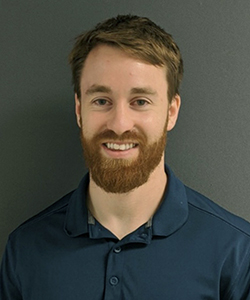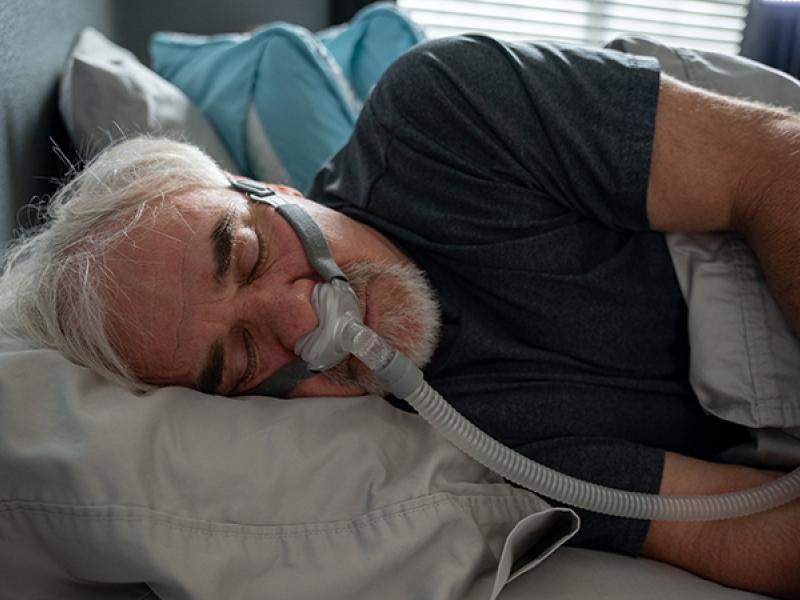
The endometrium of the adult uterus has remarkable regenerative ability. In most women, this complex tissue repairs itself after injury, including from childbirth, achieving full function to support pregnancy again in the future. Now researchers want to learn more about the cells responsible for those repairs.

Andrew Kelleher, PhD, assistant professor in the Department of Obstetrics, Gynecology and Women’s Health at the University of Missouri School of Medicine has been awarded a five-year, $2.17 million grant from the Eunice Kennedy Shriver National Institute of Child Health and Human Development, an institute of the National Institutes of Health, to study the ability of cells in a women’s uterine endometrial lining to regenerate in a manner similar to stem cells.
“The uterine endometrial lining appears to contain cells that coordinate successful regeneration following injury,” said Kelleher. “An increased understanding of the cellular and molecular mechanisms that govern this regenerative capacity is important not only for gaining fundamental knowledge of tissue and stem cell biology but also for the development of therapeutics for the treatment of endometrial diseases.”
In addition to endometrial diseases, such as endometriosis, endometrial fibroids, Asherman’s syndrome and endometrial cancer, aberrations in regeneration can make pregnancy more difficult or lead to infertility. This research aims to increase our understanding of the mechanisms governing uterine epithelial cell differentiation and regeneration with a long-term goal of improving the ability to diagnose, treat, and prevent endometrial disease and infertility in women.
Kelleher’s research lab is in the Roy Blunt NextGen Precision Health building at the University of Missouri. His team’s grant runs through May 2028.

Highlighting the promise of personalized health care and the impact of large-scale interdisciplinary collaboration, the NextGen Precision Health initiative is bringing together innovators from across the University of Missouri and the UM System’s three other research universities in pursuit of life-changing precision health advancements. It’s a collaborative effort to leverage the research strengths of Mizzou toward a better future for the health of Missourians and beyond. The Roy Blunt NextGen Precision Health building at MU anchors the overall initiative and expands collaboration between researchers, clinicians and industry partners in the state-of-the-art research facility.





